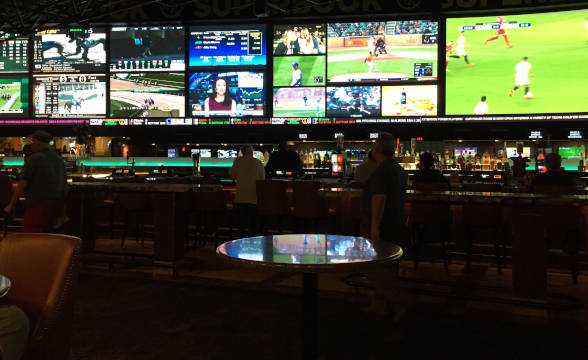California’s authorities continue to ponder whether to launch sports betting in the state or not. Right now there are several measures that try to achieve some form of legalized sports betting. Each group strives to have its proposal appear on November’s ballot.
Two Notable Measures Have a Significant Backing
The Tribal Sports Wagering Act is yet another effort on the side of California’s tribes to legalize sports betting in the state. The measure envisions launching sports betting at the Golden State’s tribal casinos and thoroughbred racetracks. The supporters of this act have been pushing for the launch since 2020 but their efforts were delayed because of the pandemic.
Californians for Solutions to Homelessness and Mental Health Support, on the other hand, is a proposal that envisions the legalization of online sports betting for all big betting operators, including tribal ones. The measure has been backed by some of the biggest names in US gambling, including BetMGM, DraftKings and FanDuel. It promises to donate a part of the proceeds to people in need.
The two measures expect great interest in sports betting in California, which is why each group strives to be the first to capitalize on the opportunities ahead. Analysts have predicted that Californian sports betting handle may exceed the one in New York.
A Conflict of Interests Rages On
There is a conflict going on as some people support the first measure while others back the second one. Despite being largely supported by California’s tribes, the tribal measure has been blasted by the state’s cardrooms.
According to cardroom owners, changes in the tribal gambling laws might put them out of business and create an anti-competitive market. The owners fear that the measure will allow tribal nations to sue cardrooms even when the latter have not broken any laws.
Opponents of the tribal measure have joined the Taxpayers Against Special Interest Monopolies committee to fight against the act.
The commercial measure, on the other hand, was opposed by California’s tribal bodies and has been losing steam ever since. Research has shown that eight percent fewer people seem favorable of it now than in November.
Paul Boden, executive director of the Western Region Advocacy Project, is one of the main opponents of the commercial measure. He elaborated on why he thinks so:
As we so clearly learned with the State Lottery and our public schools, it’s simply bad public policy to attempt to fund homelessness and mental health programs with promises of a small piece of the online gambling corporations’ profits.
Western Region Advocacy Project executive director Paul Boden
Boden confirmed that the poor are indeed in a dire need of help but added that he distrusts the honesty of commercial operators’ promises.
The fate of the two measures is yet to be seen.


